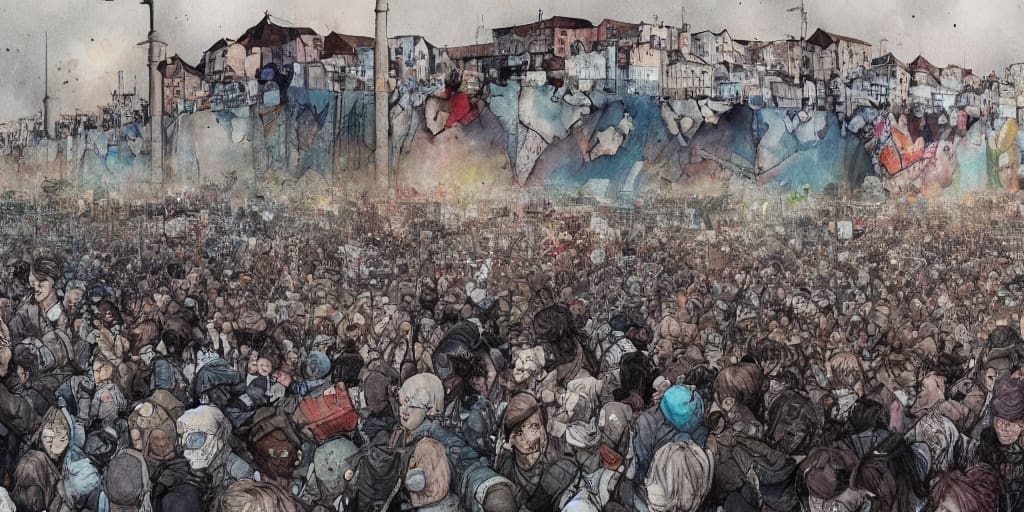Solidarity: The Birth of Freedom in Poland
Freedom in Poland Through Solidarity
In 20th Century history, certain events stand out as symbols of human resilience, unity, and the unbreakable spirit of freedom. The birth of Solidarity, the first independent trade union in a Warsaw Pact country, is undoubtedly one of these remarkable moments. Emerging in the turbulent era of the 1980s in Poland, Solidarity not only transformed the nation but also sent ripples of hope and inspiration throughout the world. This article delves into the origins, significance, and impact of Solidarity, an unprecedented movement that reshaped the political landscape and ignited the fire of change.
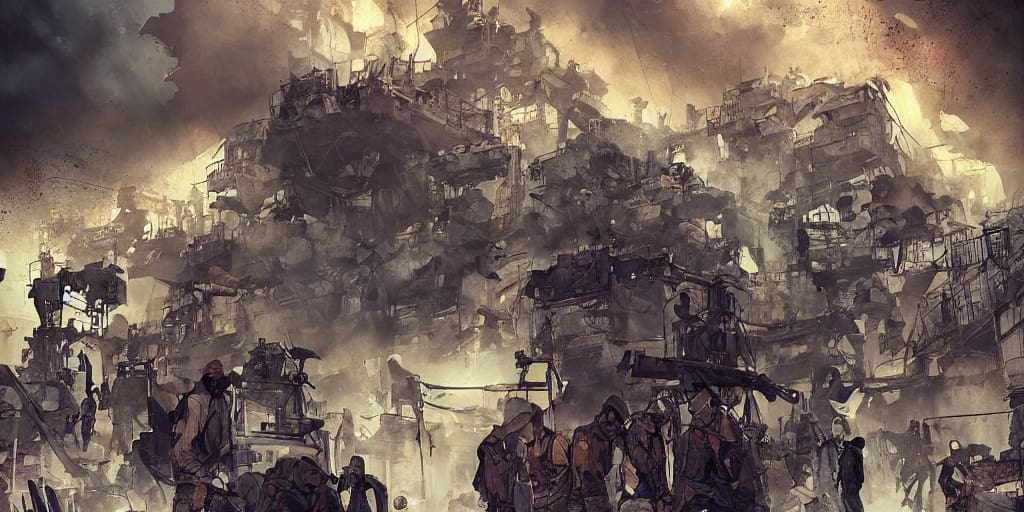
The Polish Cauldron
To understand the rise of Solidarity, one must first grasp the context in which it emerged. Poland, a nation historically characterized by its resilient people and a deep-rooted desire for independence, found itself under the oppressive grip of communism. The ruling Polish United Workers’ Party (PZPR), tightly controlled by the Soviet Union, held absolute authority, suppressing dissent and curbing individual freedoms.
However, the seeds of discontent were sown as the Polish economy staggered under the weight of mismanagement and corruption. In the summer of 1980, this discontent erupted into a full-fledged crisis. The Lenin Shipyard in Gdańsk became the epicentre of a strike that would change the course of history.
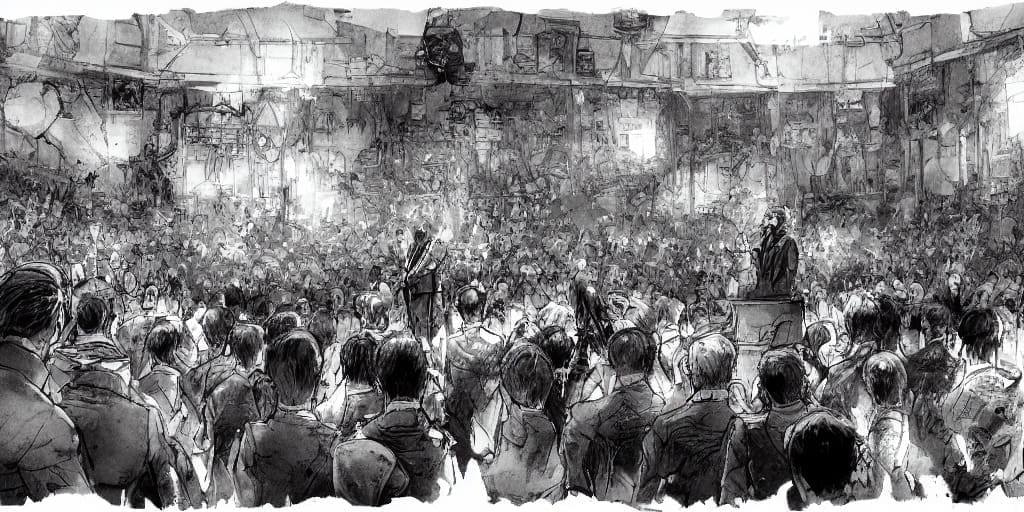
Lech Wałęsa and the Birth of Solidarity
At the heart of the Gdańsk Shipyard strike stood Lech Wałęsa, an electrician and shipyard worker. His charisma, unwavering commitment to workers’ rights, and an iconic moustache would soon make him an international symbol of resistance. Wałęsa’s leadership skills and dedication to the cause would play an instrumental role in the formation of Solidarity.
On August 14, 1980, the strike culminated in an agreement known as the Gdańsk Agreement, which recognized the right of workers to strike and form independent trade unions. This historic accord marked the birth of Solidarity as a legitimate organization, and it quickly spread across Poland, gaining millions of members.
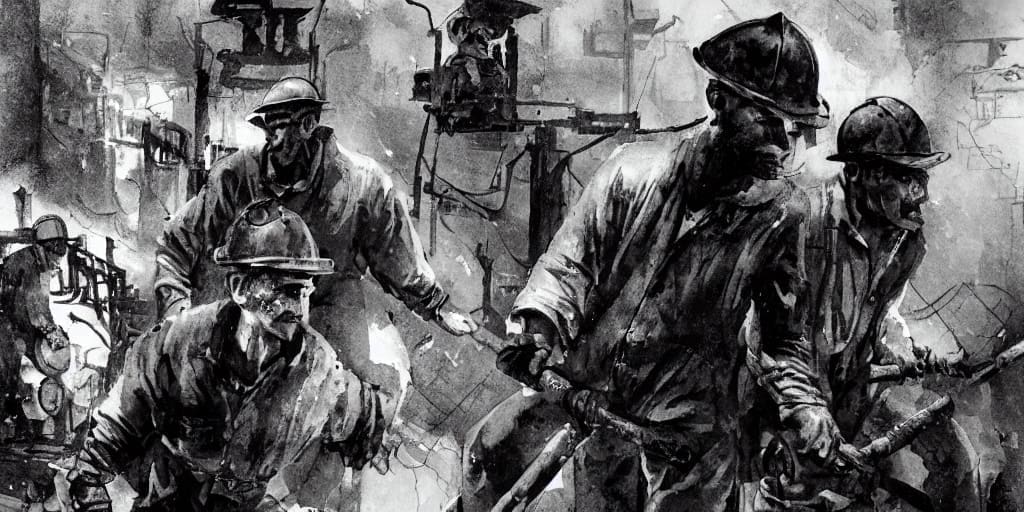
Solidarity’s Impact on Poland
Solidarity was not merely a trade union; it was a social and political movement that transcended its initial purpose. The organization became a voice for the marginalized, a beacon of hope for those oppressed by communism, and a symbol of national pride. Its impact on Poland was profound and multifaceted.
Social Change: Solidarity advocated for workers’ rights, better working conditions, and social justice. It successfully pressured the government into implementing sweeping reforms, including wage increases and the release of political prisoners.
Political Transformation: Solidarity’s influence extended beyond labour issues. The organization demanded political reforms and a genuine democratic process in a country accustomed to one-party rule. Its efforts laid the groundwork for the eventual collapse of communism in Poland.
International Solidarity: Solidarity’s message of hope resonated far beyond Poland’s borders. People across the world stood in solidarity with the Polish workers, organizing rallies, fundraisers, and protests to support their cause. This global solidarity showcased the power of collective action and inspired similar movements in other communist countries.
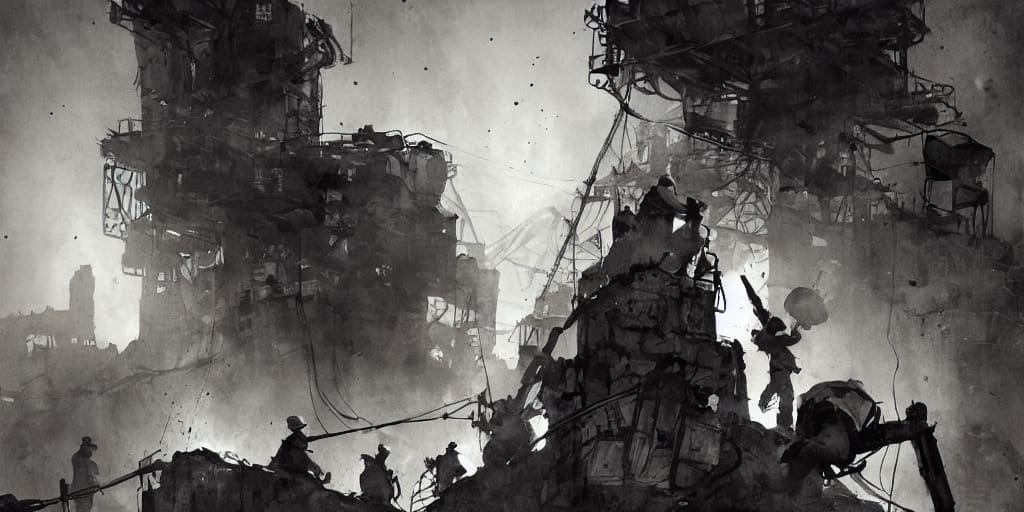
Suppression and Resilience
Solidarity’s rise did not go unnoticed by the Polish government or the Soviet Union. Fearing the erosion of their power, the authorities launched a brutal crackdown. In December 1981, General Wojciech Jaruzelski declared martial law, effectively outlawing Solidarity and arresting its leaders, including Lech Wałęsa.
The period of martial law was a dark chapter in Solidarity’s history, marked by censorship, repression, and curtailed civil liberties. Despite the adversity, the spirit of solidarity endured. Underground networks kept the movement alive, disseminating information, and organizing protests in defiance of the regime.

The Triumph of Solidarity
Solidarity’s triumph was as dramatic as its initial rise. As the 1980s drew to a close, cracks began to appear in the monolithic Soviet Bloc. The election of Mikhail Gorbachev as the leader of the Soviet Union ushered in an era of greater openness and reform, known as Perestroika and Glasnost. These changes had a profound impact on Eastern Europe, including Poland.
In 1988, the Polish government, facing mounting economic and political pressure, initiated negotiations with Solidarity. This marked a turning point in the struggle for freedom. The Round Table Talks, held in 1989, led to an agreement that legalized Solidarity and paved the way for semi-free elections.
In June 1989, Poland held its first partially free elections since before World War II. Solidarity won a landslide victory, securing 99 out of 100 available Senate seats and all but one of the contested parliamentary seats. Tadeusz Mazowiecki, a Solidarity activist, became Poland’s first non-communist Prime Minister in over four decades.

Solidarity’s Global Impact
Solidarity’s success in Poland reverberated across the world. The fall of the Berlin Wall in 1989 and the subsequent collapse of communist regimes throughout Eastern Europe were partly attributed to the courage and persistence of Solidarity and the Polish people. The movement had shown that even in the most oppressive circumstances, people could rise against tyranny and reclaim their freedom.
Solidarity’s emergence and ultimate triumph in Poland stand as an indelible testament to the power of unity, resilience, and the human yearning for freedom. From its humble origins as a shipyard strike in Gdańsk, it grew into a national and international force that challenged the oppressive communist regime and helped reshape the political landscape of Eastern Europe.
Solidarity’s impact extended beyond its role as a trade union; it was a beacon of hope that inspired millions to stand up for their rights and fight against tyranny. Its legacy continues to remind the world that even in the darkest of times, the flame of solidarity can illuminate the path to freedom and justice. The story of Solidarity is a timeless reminder that the human spirit is capable of overcoming even the most formidable obstacles in the pursuit of liberty and justice.
Browse 4000+ Books in Our PromisesBooks Bookshop


